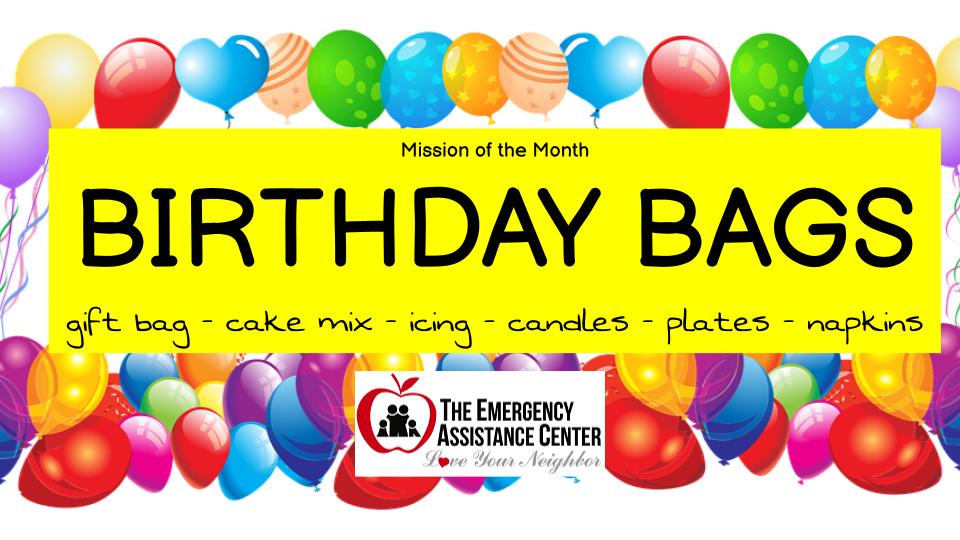The Lives of the Kings of Israel
In June and July the sermons will be on “The Kings of the Israel.” The theme is triumph and tragedy that we face in our lives. Saul, David, and Solomon had to face very real tests if they would be obedient to God. When the King obeyed God with his whole heart he experienced triumph, but when he ignored the Word of the Lord he experienced tragedy.
These are the very same lessons that God teaches us in our lives. We have to face the enemies of our souls, the enemies of our relationship with our Heavenly Father, and the enemies of our relationship with each other. We have to be mindful to obey the Word of when we face these enemies so that we can be triumphant in our walk with Jesus Christ.
Also, from these kings, we realize that the consequences of our decisions affect many more people than just us. Saul did not heed the Word of the Lord, and his sons died. David became proud, and warfare divided his house. Then Solomon did not keep his heart focused on God, and the kingdom was divided.
Pastor Greg




